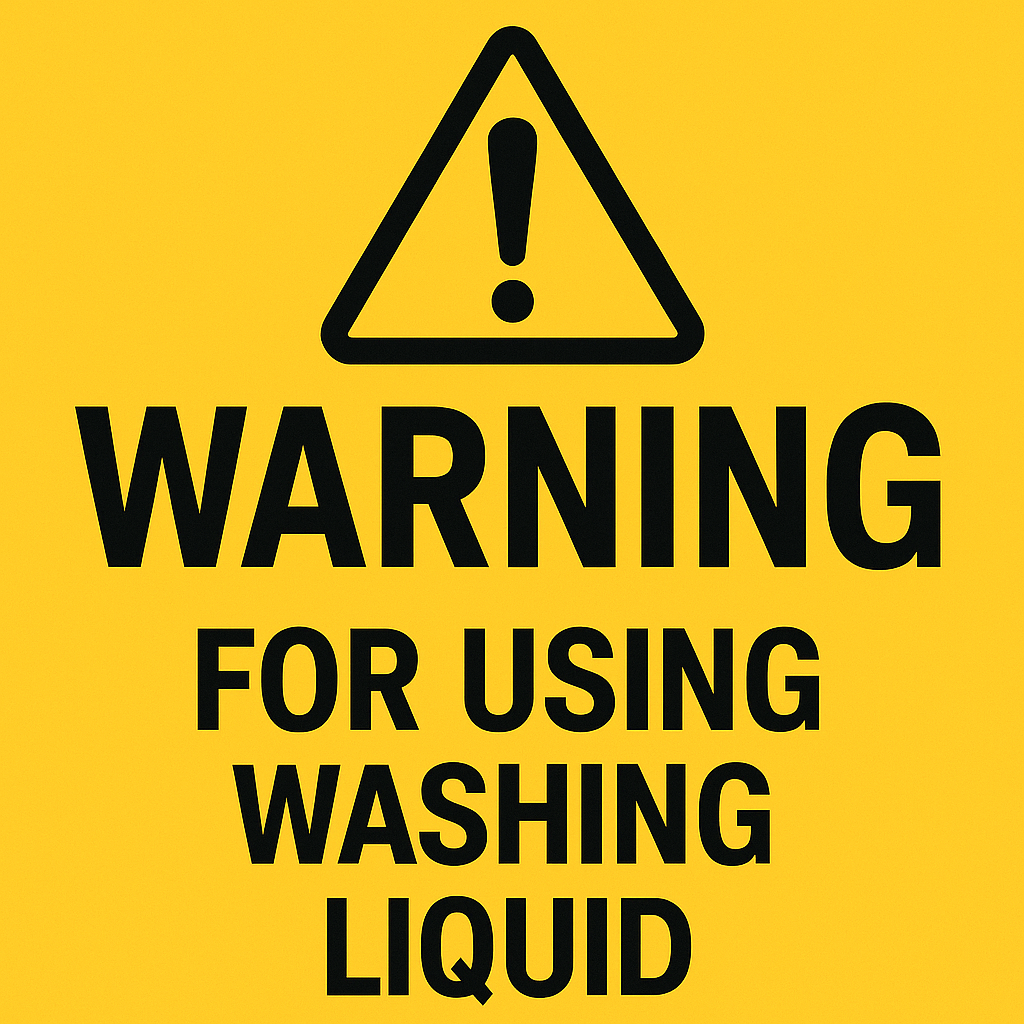Warning issued to anyone buying washing up liquid
UK — Households across the UK are being urged to rethink their choice of washing-up liquid in 2025, as environmental experts raise alarms over the long-term damage caused by both the product’s ingredients and its packaging.
While the plastic bottles used for washing-up liquid contribute significantly to pollution—millions are discarded each year—experts say the greater environmental threat lies in the chemical composition of the liquid itself.
According to cleaning specialists and environmental groups, most mainstream washing-up liquids contain surfactants derived from fossil fuels. These chemicals, which help lift grease and food from dishes, often make their way into rivers and seas after being rinsed down kitchen sinks, where they can cause serious harm to aquatic life.

“Mainstream brands use fossil fuel-derived surfactants, many of which end up in rivers and harm aquatic ecosystems,” warns Sustainably Lazy, a group advocating for greener home care alternatives.
The issue is compounded by the presence of Sodium Lauryl Sulphate (SLS), a common ingredient in many conventional dish soaps. While effective for creating foam and cleaning power, SLS is non-biodegradable and can linger in waterways, posing risks to fish and other marine organisms.
Ethical Superstore echoed the warning, stating:
“SLS doesn’t just dissolve away. After going down the plughole, it can end up damaging marine life and ecosystems.”
A 2024 study published in the Journal of Applied Microbiology further highlighted the dangers, noting that surfactants can penetrate cell membranes, leading to gill damage and even loss of sight in fish.
But it’s not just the ingredients causing concern. The packaging adds another layer to the environmental toll. Despite nationwide recycling efforts, only around one-third of plastic packaging in the UK is currently recycled. The UK generates over 170 million tonnes of waste annually, and plastic bottles can take decades to degrade.
One striking example came in 2018, when the Burnham Coastguard Rescue Team discovered a 47-year-old washing-up liquid bottle on a local beach—still intact after nearly half a century.
The discovery led to renewed calls for reduced plastic use and sustainable packaging options.
What Can Consumers Do?
Environmental advocates are now urging UK residents to:
- Switch to eco-friendly brands that use plant-based or biodegradable surfactants.
- Opt for reusable or refillable bottles where possible.
- Support brands with sustainable manufacturing and ethical sourcing.
- Be mindful of how much product is used to reduce runoff into drains.
With mounting evidence on the environmental cost of everyday cleaning products, 2025 may prove a pivotal year for consumer awareness and action.






